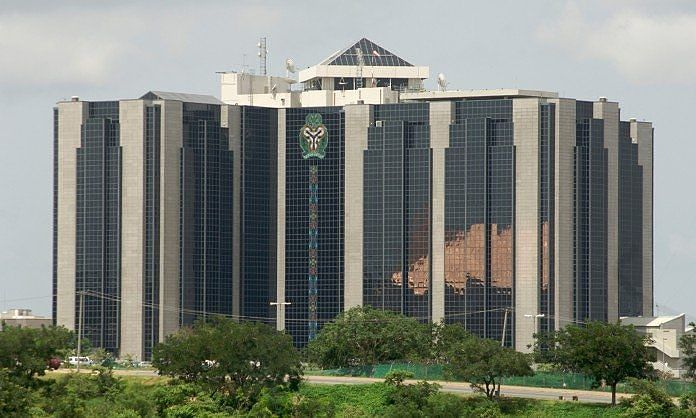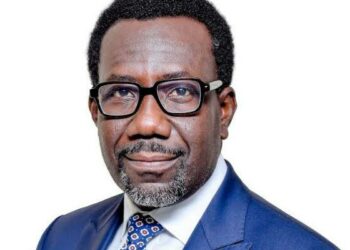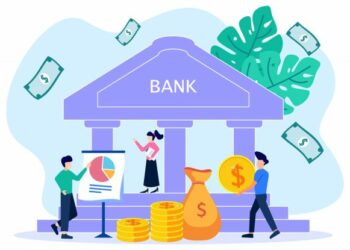The discussion around what happens to a person’s fund in a bank account at the demise of the person has remained ongoing with many suggesting that bank customers reveal their bank details to loved ones who will be able t access the fund after death.
When Seun Adenuga’s (name changed) father died, all what was on his mind was getting the burial done the best way according to Muslim rites. The grief along with the responsibility of what needed to be done overshadowed the fact that his father died without a will.
His father, a trader was the old school type who never cared for technological advancements particularly when it was in respect of his money. He never had a debit card, his banking transactions were only done via cheques and deposit slips. It was not until months after his father’s demise did Seun realise that getting his father’s money from the banks was going to be a hard feat.
He is not alone in this as many Nigerians who die without a will, leave their loved ones with the excruciating process of accessing their wealth left in the bank. When someone dies, they normally leave wills behind with executors who will carry out the wishes of the deceased. However, issues arise when someone dies intestate, that is, without leaving behind a valid will.
Whilst opening an account, banks require that the customer fill in the details of their next of kin. This is the person the bank will relate to in the event of the demise of the customer. A banker who spoke with Leadership explained that the bank will only relate with the next of kin as stated in the account opening form irrespective of who the person is so as to reduce the avoidable litigation processes involved in accessing the bank account of a deceased person.
Accessing the funds in the account of the deceased person is however not as simple as that as there are loads of paper work that the family of the deceased must get before they can access the account. In some cases the family do not even know the banks where the deceased have accounts.
Recent discourse on social media has also suggested the usage of the Payable on Death (POD) forms to allow loved ones of a dead customer access the fund in their accounts. POD is an arrangement that an individual makes with financial institutions to designate beneficiaries to their bank accounts or certificates of deposit (CDs).
According to the CBN Guidelines on the Management of Dormant Accounts and Other Unclaimed Funds by Banks and Other Financial Institutions in Nigeria as released by the Central Bank of Nigeria in 2015, banks are obligated to contact the next of kin of their customers in the case where they cannot contact their customers.
The guideline specifically states that deposit taking financial institutions such as commercial banks, microfinance banks, mortgage banks, etc “shall continue to monitor accounts that show tendencies of inactivity and initiate actions for their reactivation or protection from wrong usage. Such actions shall include though not limited to any of the following: SMS, email, visitation and or phone calls. In all cases, the cost of monitoring the accounts and contacting the customers shall be borne by the bank.”
A bank account becomes inactive if there has been no customer or depositor initiated transaction for a period of six month after the last transactions and it becomes dormant if there has been no transaction on the account for up to one year.
Three months to dormancy, banks are required to notify the account holder of the status of the account. “For individual accounts that the banks cannot reach the account holder during the three months period, it shall contact the next of kin in locating the account holders. This has been declared dormant. For corporate accounts, the bank shall contact the directors of the entity or seek information from the corporate affairs commission on the directors.” Recently, the CBN had proposed that banks transfer funds in accounts that have been dormant for up to 10 years into a trust fund account which will ultimately be invested in Treasury Bills.
The strenuous process that families of deceased bank customers have to go through to access the bank accounts also make it undesirable to embark on the journey.
For Seun Adenuga, his father’s bank accounts will remain part of the dormant account that banks will keep in their books.
Unlike Seun Adenuga, who will likely not be able to access his father’s bank accounts, Nelson (name changed), a student said due his father’s trust in him, he had been able to access the funds in his father’s bank accounts to pay for the burial ceremony as well as his tuition using his ATM card as well as his mobile banking application after his demise.
A senior officer of a tier one bank said while they encourage customers to safeguard their accounts by keeping their PIN and passwords to themselves, “we also encourage them to let their next of kin and immediate family members know where they have accounts. I personally encourage customers to have a will so that in case anything happens, their loved ones will be able to access their funds.
“In most cases the hands of the banks are tied because we can’t just give access to an account to anyone without proper documentation. When they fail to provide the documentation there is nothing we can do even though we know that the person who has come forward is the next of kin, but we don’t want a situation where someone will come later and file a suit against us for giving money to the wrong person.”
















